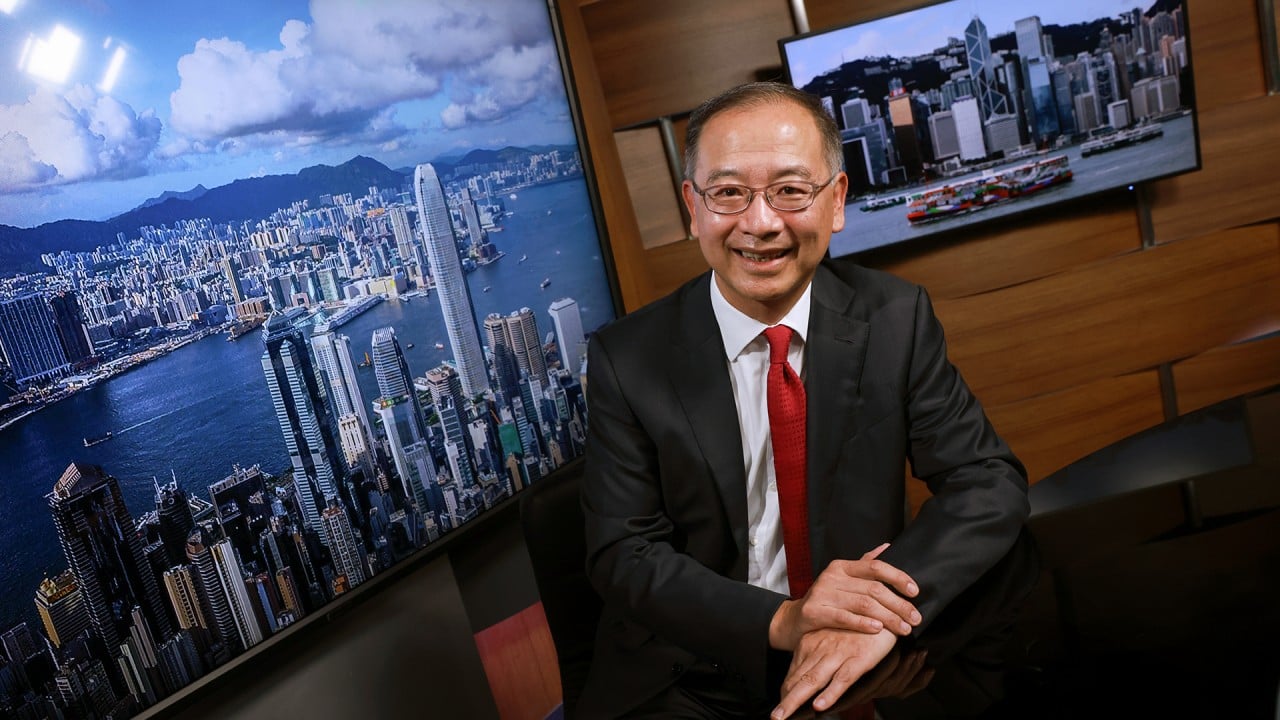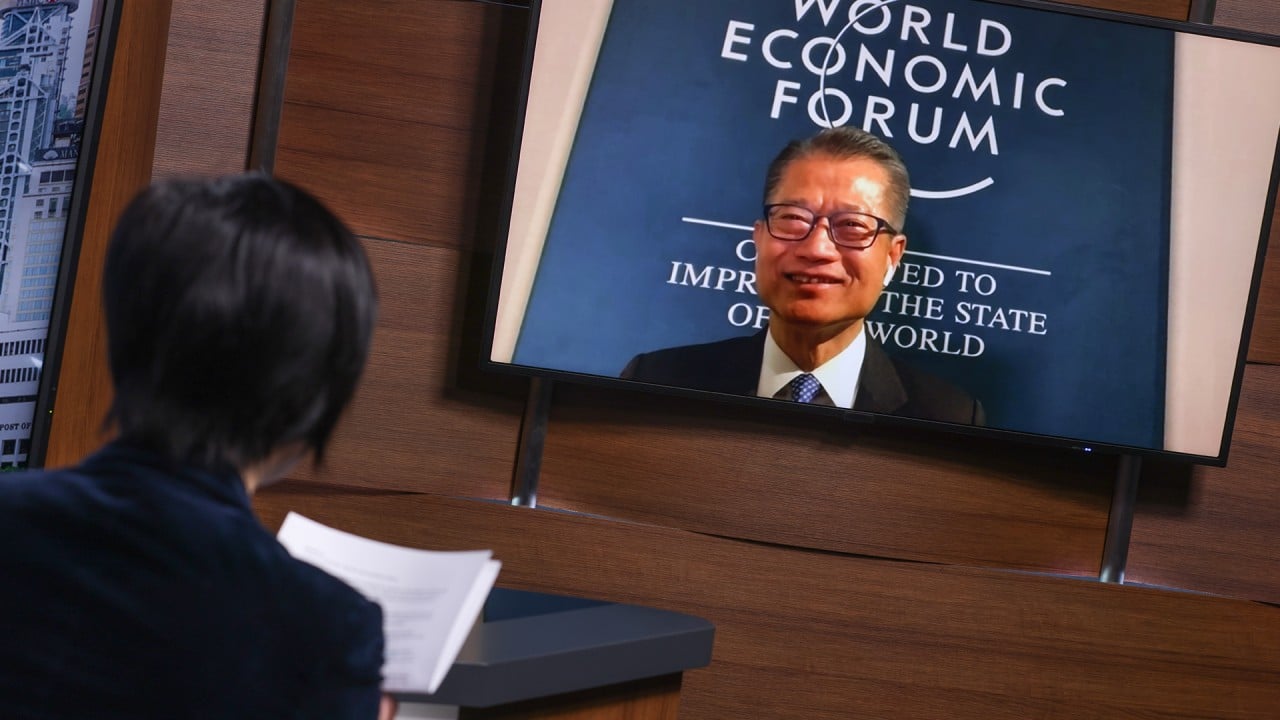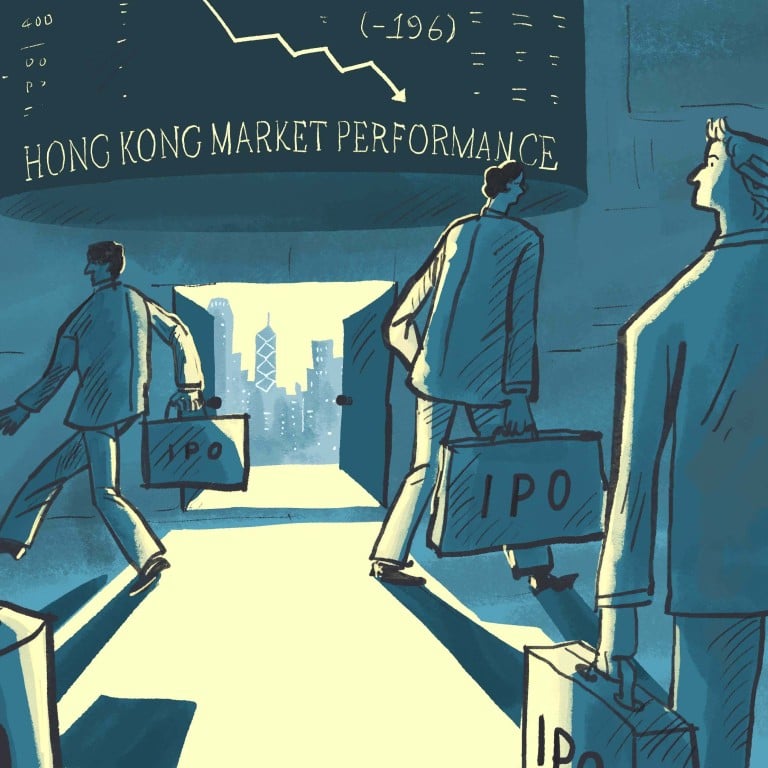
Stress and despair: new year, old wounds for Hong Kong bankers with IPO market in slump and windfalls elude investors
- ‘The environment is very stressful right now, particularly for young investment bankers, says Jerry Chang, a consultant at Barons & Co
- The landscape has shifted considerably since the last quarter, with an overall decrease in hiring across the investment banking sector: Robert Walters
This year, five companies have raised HK$2.18 billion (US$279 million) from their stock offerings in the first two months, according to data compiled by London Stock Exchange Group, the slowest momentum since 2011. In mainland China, 18 IPOs generated 15.2 billion yuan (US$2.1 billion), the least since 2016 at this stage. In contrast, the US market is enjoying its best run in three years, with 26 IPOs and US$6.3 billion in proceeds.
Hong Kong-based bankers have expressed concerns about the state of the market. One industry veteran said his peers are in “survival mode,” while waiting for the market to recover in the second half of the year. A junior banker said it has been difficult to win deals, especially if one is too focused on the Hong Kong IPO market. They declined to be named, because they are not authorised to speak to the media.

“The environment is very stressful right now, particularly for young investment bankers,” said Jerry Chang, a human resources consultant at Barons & Co in Hong Kong. “You can imagine, deals are not going through and bankers are not earning commission fees and high bonuses like they used to.”
It’s a daunting task for Bonnie Chan Yiting, who was promoted to the top post as CEO of bourse operator Hong Kong Exchanges and Clearing (HKEX) on March 1. A lawyer by training, the 54-year old executive has seen the slump first-hand as IPO proceeds more than halved to US$5.9 billion last year, and compared with US$51.2 billion in 2020.
Last year, 27 stocks or 42 per cent of the IPOs ended the year below their offer prices, according to Bloomberg data. In 2022, 42 stocks or 61 per cent of the debutants inflicted losses on investors versus 58 stocks or 67 per cent in 2020.
Chan said she is not oblivious to the challenges.
“These are turbulent times for global financial markets, Hong Kong being no exception,” she said in an internal memo on March 1, after succeeding Nicolas Aguzin as CEO. “Despite the macro environment, our business has not slowed down. We have not allowed the noise of short-term challenges to distract us from positioning our business for the long term.”
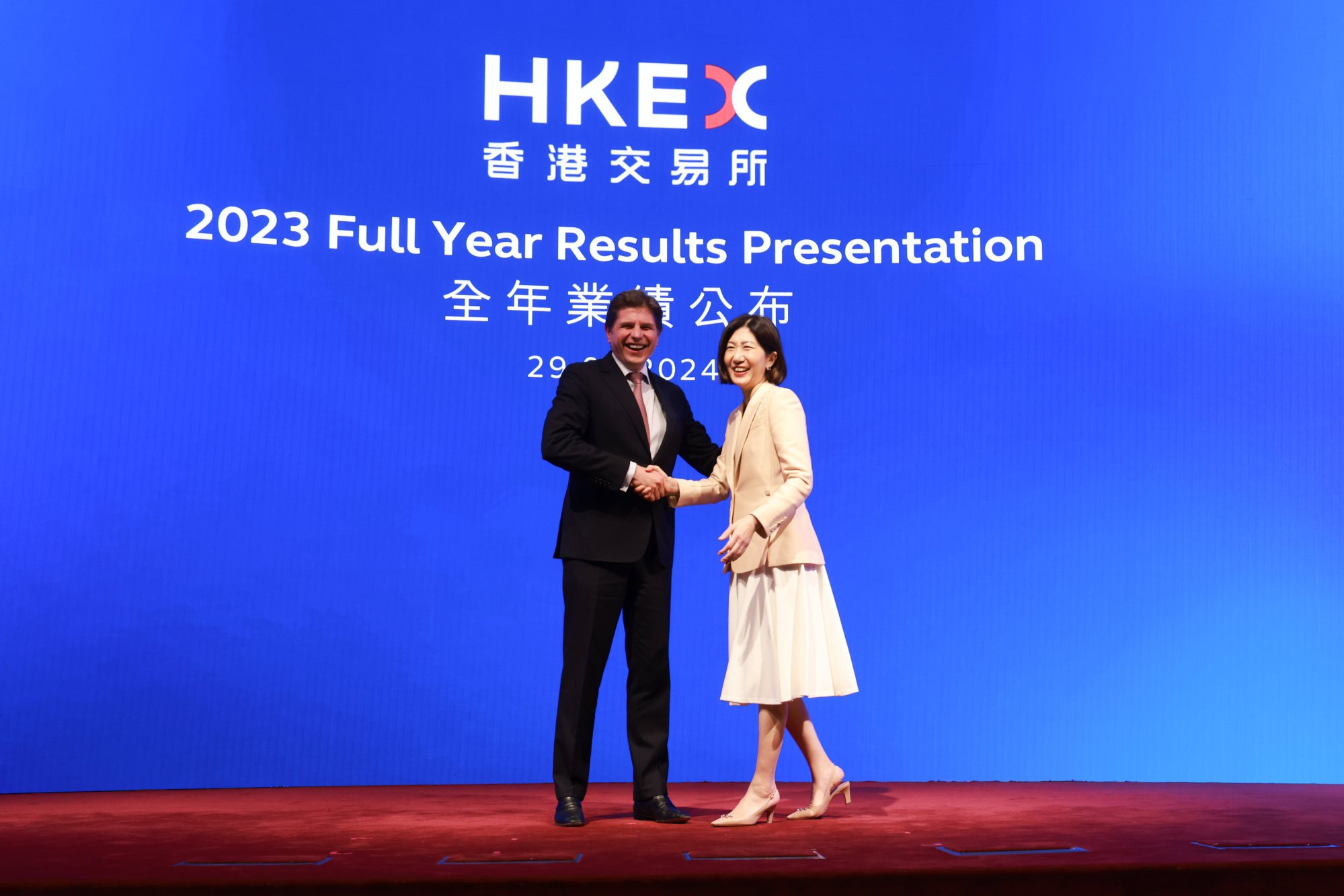
An unprecedented four-year, trillion-dollar sell-off, induced by heightened US-China geopolitical tensions, has pummelled Hong Kong’s valuation to the cheapest among major global equity markets. That has become a scourge for IPO candidates, which traditionally favour exchanges commanding the highest pricing for their shares.
Hang Seng Index members now command a valuation of about 8.6 times their current-year earnings on average and 7.8 times 2025 earnings, according to Bloomberg data. It is a far cry from the about 13 times before a full-blown Covid-19 pandemic, and 14 times in 2017 when benchmarks tracking Chinese stocks at home and abroad produced their best returns since 2009.
Cainiao, Midea, SF and Movoi among hotly anticipated Hong Kong IPOs of 2024
“Companies wanting to list need to get better valuations, which is not there yet,” said Federico Bazzoni, CEO of Vantage Capital Markets, who has advised two clients to delay their plans. “There is no clear indication that the market is moving up, that the trend is going to be positive for the next two or three quarters.”
Last year also, Bazzoni advised two of his clients to delay their IPO plans. The market weakness remains a significant barrier for ambitious issuers, even though the city has continued to attract regional companies, especially those from Southeast Asia.
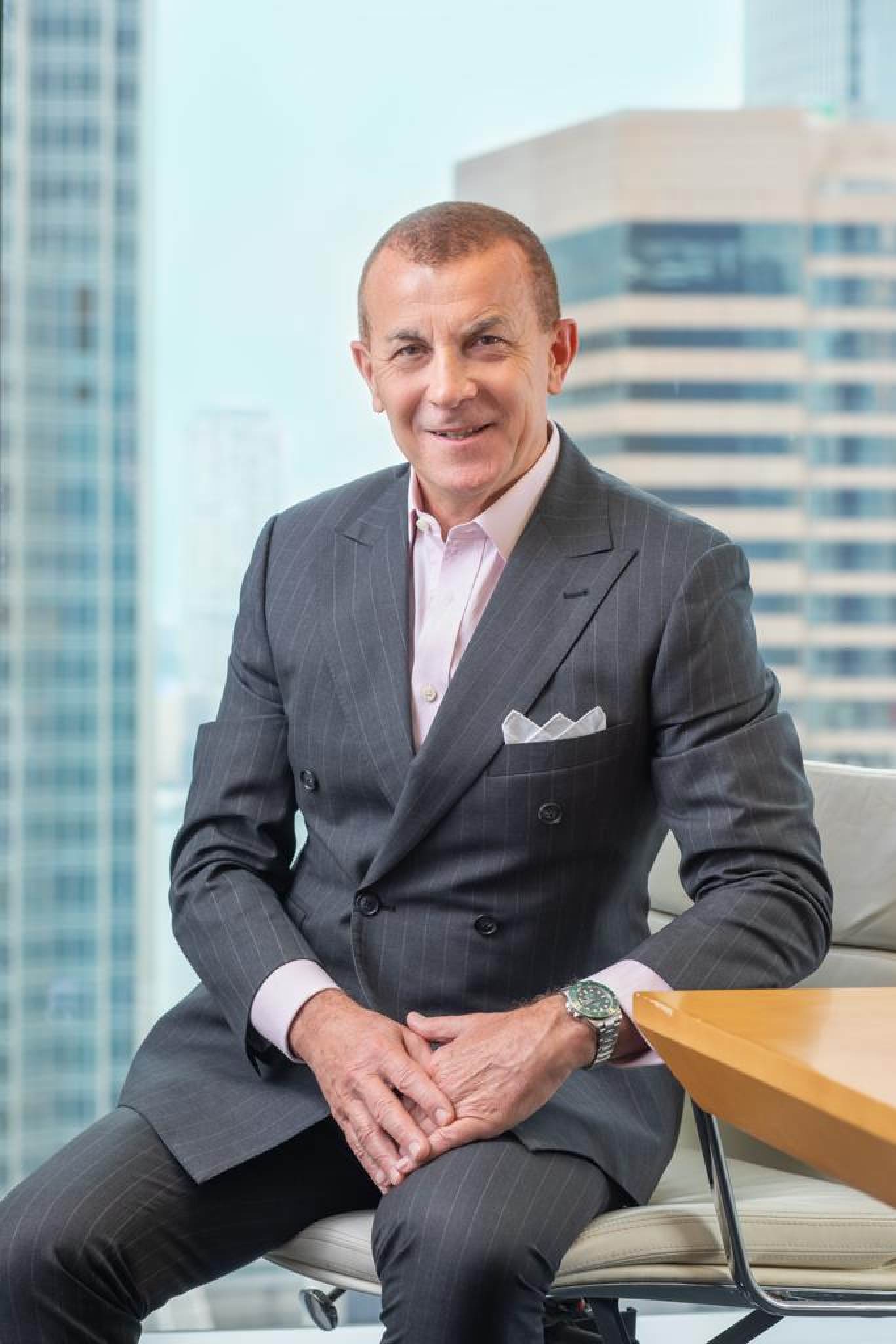
“You may call this a little bit of a disappointment,” he said. “From our point of view, it would be better to wait another year to get a better result.”
That sums up the situation involving big offerings from industry leaders. It has been almost five months since Midea Group, the world’s largest white-goods producer based in southern Guangdong province, announced its Hong Kong listing plan. There has been no progress in JD.com’s plan to spin-off and list its industrial and property units.
Eleven months have also passed since Alibaba Group Holding, the owner of this newspaper, announced an internal business reorganisation that proposes hiving off and listing some of its units. They include the cloud-computing and Cainiao smart logistics businesses.
In Alibaba’s post-earnings call last month, chairman Joe Tsai said the market was “just not in a state where we believe we can really truly reflect the true intrinsic value” of Cainiao or its supermarket chain Freshippo, both earmarked for IPOs under the business revamp.
While facilitating and managing existing stock listings offer a stable and regular stream of fees, the business remains a relatively small part of the HKEX group. Listing fees contributed only 10 to 12 per cent of its revenue annually over the past decade, according to its financial reports.
As a subset of group revenue, fees generated from new listings of stocks on the Main Board and the GEM market, as well as from equity bull-bear contracts and derivative warrants, accounted for half.
Hong Kong is also working to attract Middle Eastern companies with secondary listings in the city. By adding Saudi Arabia’s Tadawul bourse to its list of recognised stock exchanges, HKEX has also paved the way for state oil giant Saudi Aramco to find a base in the city.
Listing candidates are postponing roadshows until the broader market sentiment improves, according to investment bankers. That could be months away, some remarked, given that the US-China geopolitical and tech rivalries are not going away anytime soon.
That leaves the industry to jostle for smaller deals. For instance, Chinese restaurant chain Xiaocaiyuan International and Mixue, which operates 36,000 bubble-tea stores, are not going to fan investor fervour in the way that Tencent Holdings and Alibaba, or even the ill-fated Ant Group, did in the past.
DBS Group of Singapore and Wall Street banks such as Citigroup said the attention and yearning for blockbuster issues may risk under-appreciating a steady flow of profitable but smaller-sized companies that are greasing the IPO market.
“While much of the discussion is focused on jumbo IPOs, there continues to be a substantial amount of mid-cap companies targeting listings,” said Lindsay Chu, head of capital markets for Hong Kong and China at DBS Group, Singapore’s biggest lender. “Mid-cap Chinese companies will continue to see Hong Kong as an attractive IPO venue.”

Based on last year’s 68 IPOs, the median size worked out to US$45 million while the pre-trading market capitalisation was about US$510 million, according to Chu. This year, DBS expects both metrics to improve, given the number of larger IPOs being contemplated.
It’s a view shared by Kenneth Chow, co-head of Asia equity capital markets at Citigroup. He believes there is a strong pipeline of medium-sized Chinese companies seeking to expand their businesses globally.
“Many of these companies are born global,” he said. “Given the regional and global nature of their operations, there is merit in having a diversified global investor base and an offshore listing. Hong Kong is well positioned to benefit when these companies look to list.”
Melody Ngan, Asia-Pacific co-head of equity capital markets at Deutsche Bank, said the start of 2024 will continue to be tough for mainland China and Hong Kong IPO candidates.
“The Hong Kong stock exchange has always seen a steady flow of mid-cap Chinese companies listing, but the size of IPOs are looking smaller than in previous years,” she said. Still, “companies with positive earnings and strong balance sheets will continue to resonate well with investors.”
As an example, Chinese biotech firm Wuxi XDC Cayman attracted the Qatar Investment Authority as one of its key cornerstone investors in its HK$3.7 billion (US$471 million) stock offering in November last year.
Hong Kong’s bankers earn 46% more than Singapore peers
After completing a small IPO transaction this year, one banker with a Chinese investment bank said it had been a relief. In the past, deal makers would typically measure success by getting a mandate on blockbuster deals. Jumbo IPOs, few and far in between now, are the ones that will keep many in the job or avert the chop, he added.
The landscape in the industry has shifted quite considerably last quarter, with an overall decrease in hiring levels across the investment banking sector, according to Carol Cheung, director of financial services at Robert Walters, a human resources and pay consultancy.
“The market has been conservative and cautious in hiring for mid-senior levels and shifted to hiring for more junior levels,” she said in a report.
Bankers who talked to the Post said they are counting on the second half of the year for a revival. A lot will depend on the timing of the Federal Reserve’s expected interest-rate cuts, a move that would give Hong Kong and Beijing extra room to stimulate the economy.
To revive the city’s sluggish financial market, Hong Kong also aims to attract companies from mainland China, the Middle East, and Southeast Asia. The government was actively engaging with regulatory authorities on the mainland to speed up the approval process for companies listing in Hong Kong. Financial Secretary Paul Chan Mo-po said at a forum in January.
Hong Kong remains the reasonable market of choice for companies looking for fresh capital to expand in the region, according to Bazzoni of Vantage Capital Markets. “We need some strong signs. Right now, there is very little indication.”
Additional reporting by Li Jiaxing and Enoch Yiu


